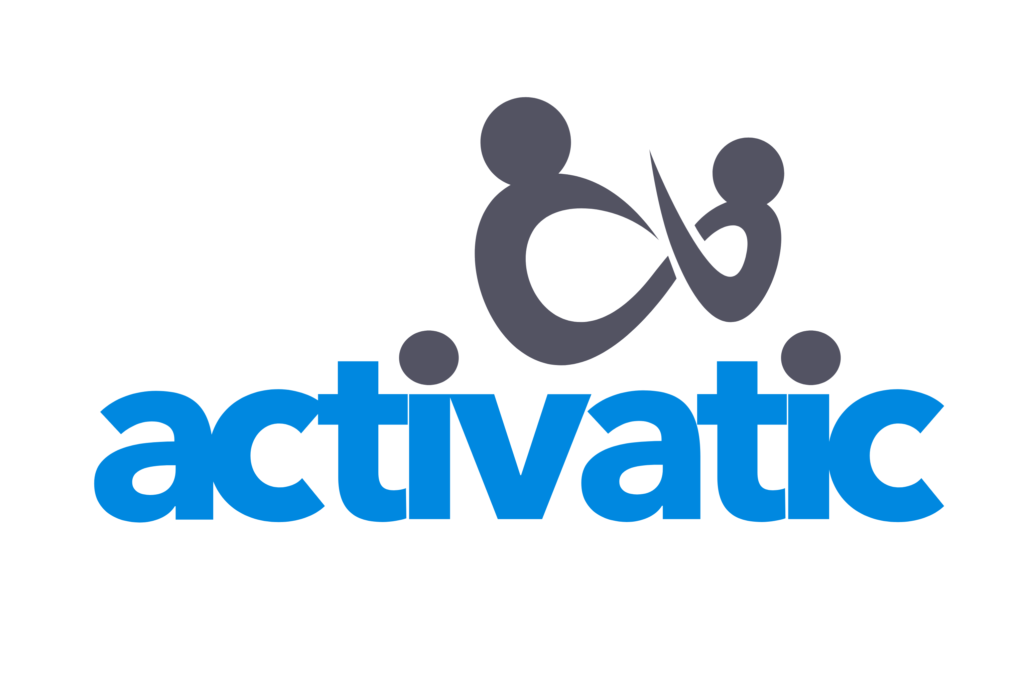You know how much you care about your child’s education. You see him or her struggling, sometimes frustrated, and you dream that he or she will discover a taste for learning. On this path, the teacher is an essential figure, almost a co-pilot who accompanies your child on the adventure of knowledge. But how do you know if a teacher is good? It’s not just a matter of mastering the subject, but something much deeper: the connection he or she establishes and how he or she influences the spark of learning.
Finding the right teacher can make a world of difference in your child’s academic and personal journey. A good match can transform a dreaded subject into a favorite, or spark a curiosity that didn’t exist before. If you’re wondering if the current or potential teacher is the right one, here are 5 key points to observe and reflect on.
Beyond knowledge: Connection matters
A teacher is much more than someone who explains formulas or historical dates. He or she is a guide, a motivator and often one of the first authority figures outside the home to have a significant impact. How he or she interacts with your child, whether he or she shows patience, encourages your child to participate, or makes your child feel safe to ask questions, directly shapes your child’s perception of himself or herself as a learner.
This affective and trusting connection is fundamental. A child who feels seen, valued and respected by his teacher is more willing to make an effort, take risks (such as responding even if he is not 100% sure) and develop a positive attitude toward learning. If you notice that your child admires a teacher or speaks of him or her with respect and affection, this is an excellent sign!
Visit our website and learn about the Activatic method.
Signs of a good academic fit
How do you know if a teacher is good? See how your child reacts to the teacher’s subject matter: does he/she understand your child better now, does he/she explain more clearly what he/she learned in class, or does he/she explain more clearly what he/she learned in class? A good teacher has the ability not only to convey information, but to make it understandable and relevant to your child, adapting his language and examples to your child’s level and way of thinking.
Pay attention if your child starts to show genuine interest in the subject, if he or she feels able to tackle the exercises or if he or she no longer blocks as much when confronted with the topics. A good teacher identifies individual difficulties and looks for ways to explain them again or approach them from another angle, making sure that the child builds a solid understanding step by step.
We recommend reading: How do I know if my child needs tutoring programs?
Emotional and motivational impact
One of the biggest indicators that a teacher is the right fit is a change in your child’s general attitude toward studying or toward school in general. Is he or she more enthusiastic about a particular subject? Has his or her anxiety about doing homework or preparing for tests decreased? A motivating teacher knows how to arouse curiosity and make learning a stimulating experience.
This emotional impact is powerful. A teacher who celebrates small accomplishments, encourages you to keep trying after a mistake and builds confidence helps build strong academic self-esteem. If you see that your child feels more confident talking about what he is learning or is willing to take on academic challenges, chances are his teacher is doing a great job in this regard.
How do you know if a teacher is good? At Activatic we don’t tell you, we show you. Contact us!
How to observe and communicate
To assess this “fit,” you need to be a caring detective. Talk to your child daily about his or her school experience. Not just “How did it go?”, but “What was most interesting today?”, “Was there anything you struggled to understand?”, “What do you like best about the class of…?”. Listen carefully to their answers and watch their body language. Sometimes what they don’t say with words, they say with their attitude.
If you have the opportunity, communicate with the teacher. Ask about your child’s participation in class, about his or her willingness to learn, if you notice any changes in him or her. An open and collaborative conversation can give you many clues about the pedagogical and emotional relationship between the two of you. Remember that you know your child better than anyone else, and your intuition is valuable.
We recommend reading Emotional Intelligence in Learning: Key to School Success
Find the expert who understands your child
Finding that ideal teacher who not only teaches the subject matter, but also inspires, motivates and understands your child’s individual needs can be a challenge in traditional education. It requires a special combination of knowledge, patience and empathy that not everyone possesses.
At Activatic, we understand this perfectly. That is why we have qualified teachers who go beyond conventional teaching. Our teachers not only master their areas, but are trained to motivate and emotionally help all students with a unique methodology, creating that environment of trust and encouragement that allows each child to reach his or her maximum academic and personal potential.
If you liked this article, share it with others and don’t forget to follow us on Instagram y Facebookas well as check out our school tutoring and language teaching services at activatic.es

